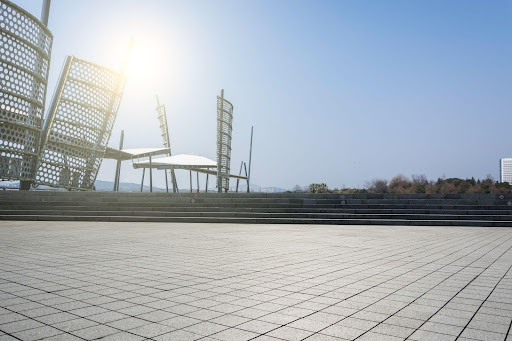Prefabricated floor trusses have emerged as a game-changer in the construction industry, offering a cost-effective, efficient, and sustainable solution for building floors in residential, commercial, and industrial structures. These innovative components, manufactured off-site and delivered to the construction site ready for installation, provide numerous benefits over traditional methods of floor construction. In this comprehensive guide, we explore the advantages, applications, and considerations of using prefabricated floor trusses, highlighting their role in revolutionizing modern construction practices.
Understanding Prefabricated Floor Trusses
Prefabricated floor trusses, also known as engineered floor joists or floor systems, are structural components designed to support the weight of floors and distribute loads evenly across a building’s foundation. Unlike traditional floor framing methods that involve on-site assembly of individual joists and beams, prefabricated floor trusses are manufactured in a controlled factory environment using specialized equipment and techniques. They are engineered to precise specifications and can be customized to accommodate specific design requirements and project needs with Commercial Concrete Coatings.
Advantages of Prefabricated Floor Trusses
- Cost Efficiency: Prefabricated floor trusses streamline the construction process, reducing labor costs and material waste associated with on-site framing. Their efficient production methods and standardized designs result in lower overall project costs and faster construction timelines.
- Structural Integrity: Prefabricated floor trusses are engineered to meet or exceed building code requirements and industry standards for structural performance and safety. Their uniform design and quality control measures ensure consistent strength and durability, providing reliable support for floors in various types of buildings and applications.
- Design Flexibility: Prefabricated floor trusses offer greater design flexibility compared to traditional framing methods, allowing architects and builders to create custom floor layouts and architectural features. They can span longer distances without additional support columns, enabling open-concept floor plans and creative design solutions.
- Speed of Construction: Prefabricated floor trusses are manufactured off-site in a controlled environment, allowing for concurrent production while site preparation and foundation work is underway. Once delivered to the construction site, they can be quickly installed using crane or forklift equipment, reducing construction time and accelerating project schedules.
Applications of Prefabricated Floor Trusses
Prefabricated floor trusses are used in a wide range of construction projects, including:
- Residential Buildings: From single-family homes and townhouses to apartment complexes and condominiums, prefabricated floor trusses provide cost-effective and efficient solutions for residential floor construction.
- Commercial Structures: Prefabricated floor trusses are ideal for commercial buildings such as offices, retail stores, and warehouses, where fast construction timelines and cost efficiency are paramount.
- Industrial Facilities: In industrial settings such as factories, distribution centers, and manufacturing plants, prefabricated floor trusses offer durable and reliable support for heavy equipment and machinery.
Considerations for Using Prefabricated Floor Trusses
- Structural Requirements: Ensure that prefabricated floor trusses are designed and engineered to meet the specific structural requirements and load-bearing capacities of the building.
- Installation Expertise: Work with experienced contractors and installers who are familiar with the proper techniques and procedures for installing prefabricated floor trusses safely and efficiently.
- Building Codes and Regulations: Verify that prefabricated floor trusses comply with local building codes, zoning regulations, and industry standards applicable to your project location.
- Coordination with Other Trades: Coordinate the installation of prefabricated floor trusses with other trades and construction activities to ensure smooth progress and avoid conflicts on the job site.
Conclusion
In conclusion, prefabricated floor trusses offer a cost-effective, efficient, and sustainable solution for building floors in a wide range of construction projects. With their numerous advantages, including cost efficiency, structural integrity, design flexibility, and speed of construction, prefabricated floor trusses have revolutionized modern construction practices and become increasingly popular among architects, builders, and developers. By embracing prefabrication techniques and incorporating prefabricated floor trusses into their projects, construction professionals can enhance productivity, reduce costs, and deliver high-quality buildings that meet the demands of today’s fast-paced construction industry.






